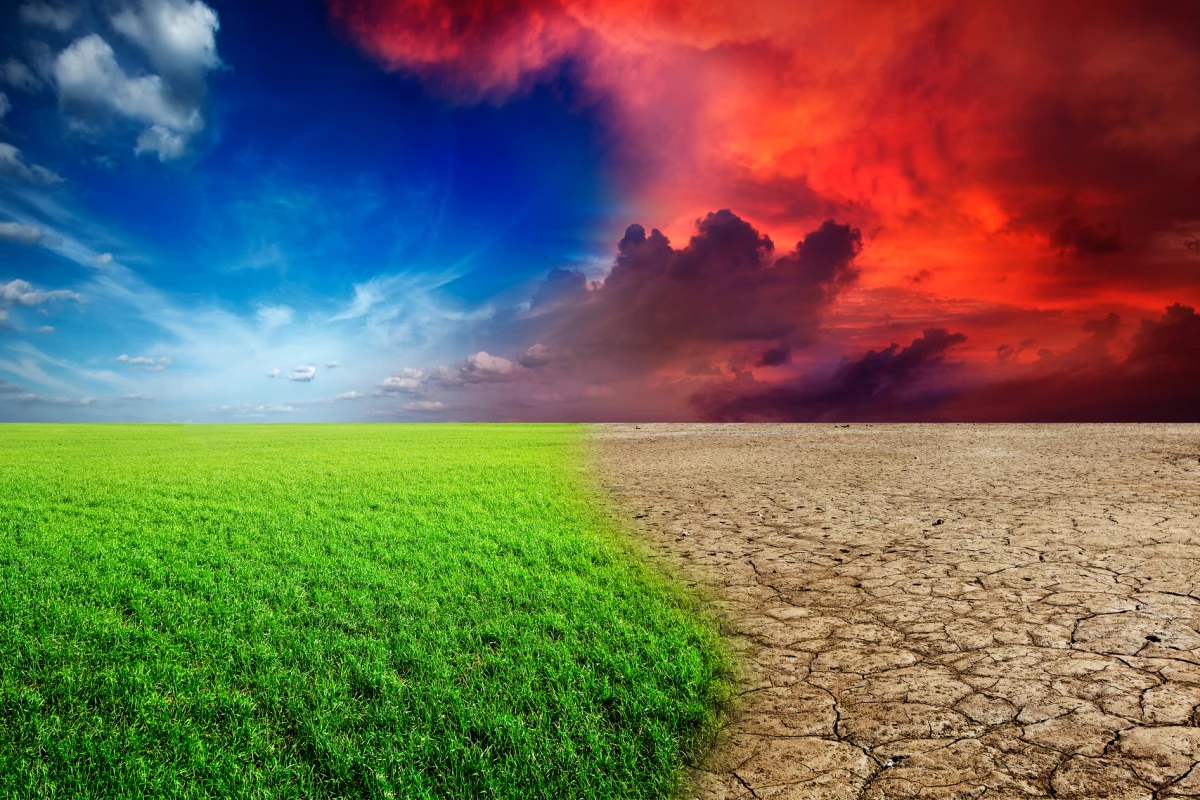The Intergovernmental Panel on Climate Change (IPCC) has released its latest report, pulling together the findings of previous reports to provide a more complete picture of how human-caused climate change continues to affect the planet.
The Climate Change 2023: Synthesis Report is the most comprehensive summary of our current knowledge about climate change. In 2018, the IPCC highlighted the challenges of keeping global warming to 2.7 °F (1.5 °C). Now, five years on, as greenhouse gas emissions continue to increase, so does the challenge of keeping global warming in check.
The rise of the global surface temperature to 2.0 °F (1.1 °C) above pre-industrial levels, caused by more than 100 years of burning fossil fuels, unsustainable energy and land use, and consumption patterns, has led to more frequent extreme weather events that affect people and ecosystems all over the world, particularly those that are most vulnerable to them.
“Almost half of the world’s population lives in regions that are highly vulnerable to climate change," said Aditi Mukherji, one of the 93 authors of the report. "In the last decade, deaths from floods, droughts and storms were 15 times higher in highly vulnerable regions."
The report does contain some positive news. Growing public and political awareness has led many countries and cities to adopt climate policies, resulting in documented benefits. But the authors point out that, despite this progress, gaps still exist and will continue to grow unless they’re addressed.
“The choices we take now will have consequences in coming decades and potentially for thousands of years,” said Professor Mark Howden, review editor for the report. “There are also many options to adapt to climate change that bring substantial co-benefits, including emission reduction. However, the implementation of these adaptations is not keeping pace with the changes we are observing.”
One solution recommended by the IPCC is the consolidation of diverse knowledge – including scientific, Indigenous, and local knowledge – to develop effective, locally appropriate, socially acceptable climate-resilient measures.
Of course, any climate change solution requires a healthy injection of money. In addition to the public funding provided by governments, the authors are urging investors, banks, and financial regulators to step up and contribute financially.
“Accelerated climate action will only come about if there is a many-fold increase in finance," said Christopher Trisos, one of the report’s authors. "Insufficient and misaligned finance is holding back progress."
According to the IPCC, we’re not currently on track to limit warming to 2.7 °F (1.5 °C) or even 5.4 °F (2.0 °C). Each incremental increase in global warming increases the risk of adverse impacts and damage caused by climate change. The longer we wait, the more difficult it will be to manage climate change because climatic and non-climatic risks will interact, compounding the problem.
Given the rapidly closing window of opportunity afforded us, the IPCC is calling for the mainstreaming of effective, equitable climate action. There are policy measures already in place that are proven to reduce greenhouse gas emissions and improve climate resilience, but they need to be scaled up and more widely applied.
The way forward requires working with greater urgency to implement climate-saving measures. Pooling international knowledge, technology, and appropriate policy measures can bring us a step closer to achieving the change that, while ambitious, is necessary.
“Transformational changes are more likely to succeed where there is trust, where everyone works together to prioritize risk reduction, and where benefits and burdens are shared equitably,” said IPCC Chair Hoesung Lee. “This Synthesis Report underscores the urgency of taking more ambitious action and shows that, if we act now, we can still secure a livable sustainable future for all.”
The IPCC’s video trailer for the Climate Change 2023: Synthesis Report can be viewed below. The report can be viewed online here.





